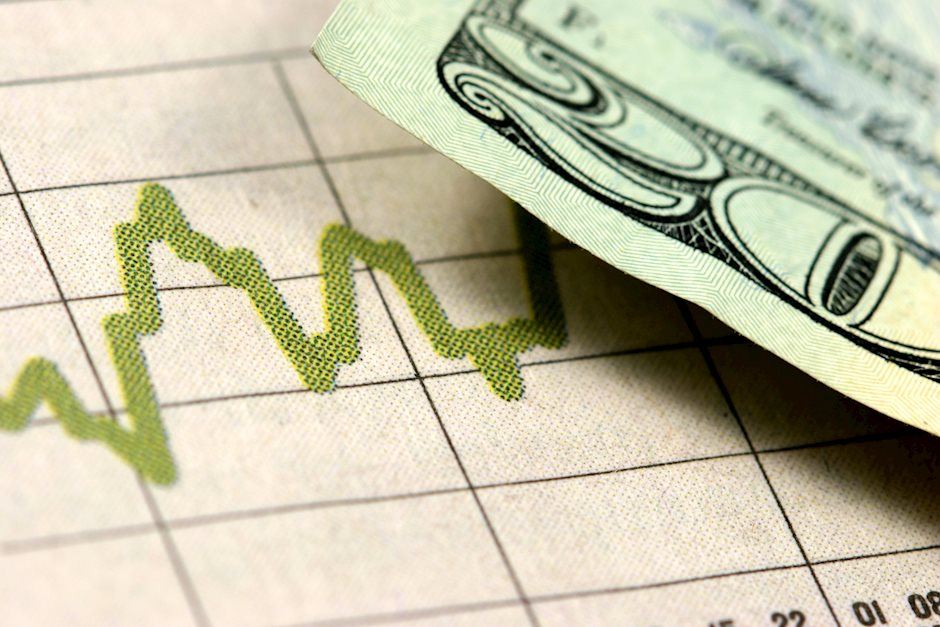Why the US Dollar, Stocks & Yields Rose on Trump's Impeachment Inquiry

September has become a month where politics easily overshadowed economics. The political careers of Prime Minister Boris Johnson, Justin Trudeau and now US President Trump are on the line. The troubles of their countries leaders resulted in broad based weakness for Sterling and the Canadian dollar. But in the case of Teflon Don, the US dollar, stocks and Treasury yields rallied despite a formal impeachment inquiry into the US President. While the markets fell at the onset, they quickly realized that the chance of Trump getting removed from office is extremely slim. Investors also liked what they saw in the reconstructed transcript of the Trump-Ukraine phone call. The US President had originally promised a full unredacted transcript of the call but instead, the White House released a "memorandum of telephone conversation" that was "not a verbatim transcript" but rather "notes and recollections of Situation room Duty officers." Take it for what its worth but investors cheered the news because they felt that while the transcript shows Trump asking Ukraine to investigate Biden and the DNC server, there was no mention of a quid pro quo that would lead to a criminal inquiry.
US assets also benefitted from President Trump's comment that a trade deal with China could happen sooner than you think. While some analysts argue that the impeachment inquiry restricts legislation and hurts the chances of a trade deal. Trump teased positive developments in trade many times before as distractions during political and financial market uncertainty and there's a reasonable chance to expect the same. The idea of a "mini deal" has been thrown around for the past two months and this could be the "perfect time" for those talks to advance. USD/JPY snapped a 4 day slide and traded sharply higher on this possibility but the Australian and New Zealand dollars should catch up as well.
AUD and NZD traded lower against the greenback today as the market viewed this as a US dollar story. It generally takes a few days for investors to consider the broader ramifications. The New Zealand dollar was held back by weaker trade numbers and dovish guidance from the Reserve Bank. While NZD/USD shot higher after RBNZ left rates unchanged, the policy statement was dovish. The central bank said they see scope for more monetary stimulus if necessary and indicated no change in policy outlook. The trade deficit ballooned to -1.56B in August, more than double the -700 million balance in July. The deterioration was due to a meaningful decline in exports and rise in imports. Lower quantities of crude oil played a big role in the slide but exports of milk powder, butter, cheese remain strong. This data tells us that demand for food exports remains healthy despite softening global growth.
Meanwhile EUR/USD ended the NY session below 1.0950 for the first time since May 2017. While no specific economic reports were released today, ongoing weakness in the Eurozone economy and the broad based rally in the US dollar was the straw that broke the euro's back. At the start of the week we said EUR/USD was headed for 1.09. It took some time for momentum to swing that way but the pair seems on course for that target now. Sterling also tumbled more than 1% versus the dollar. Aside from demand for the greenback, GBP/USD suffers from Brexit uncertainty. While Prime Minister Boris Johnson says he is "cautiously optimistic," the Irish Prime Minister said the gap between the UK and EC remained "very wide," a sign that there has been no major progress in Brexit negotiations.
Author

Kathy Lien
BKTraders and Prop Traders Edge

















